[ad_1]
The major sporting tournament will be considered the most geographically-compact World Cup in history.
Host Qatar is expected to successfully manage the Covid-19 pandemic risks during the 2022 FIFA World Cup, the World Health Organisation (WHO) confidently expressed on Tuesday.
WHO’s emergencies director, Micheal Ryan said there are no reasons to think the pandemic would pose an even higher risk during the tournament between November to December that at any other major event which, he argued, have passed off safely.
World Cup Organisers estimate that about 1.5 million fans will attend the World Cup 2022.
“Properly managed mass gatherings that have the proper planning can be run very safely,” he told a live interaction on the WHO’s Facebook page.
“We’ve been working very closely with the authorities in Qatar on that as WHO, and providing advice as needed to them on how to run a safe World Cup.
Officials from Qatar, WHO and FIFA have agreed, at a senior level, to a series of measures that will boost and protect health during the major tournament. Initially launched in late 2021, the partnership is overseen by the heads of WHO, Qatar Ministry of Public Health, FIFA and the Supreme Committee for Delivery and Legacy.
The commitments address the protection of everyone involved in the tournament, with the partners set to ensure the mega event follows precautionary measures to prevent the further spreading of Covid-19.
“The public health authorities in Qatar have been very engaged… on the public health risk management of the World Cup,” Ryan said.
“Overall, the risks are being very carefully managed,” he continued.
More than 1.2 million tickets have been sold for Qatar’s 2022 FIFA World Cup, organisers announced in June.
Notably, the 2021 FIFA Arab Cup prompted the country’s third coronavirus wave with, comparatively, much less tickets sold.
Smaller-scale precedents prove otherwise
In the lead-up to the World Cup 2022, Qatar has hosted several sporting events, including its inaugural Formula One GP and the FIFA Arab Cup that concluded on 18 December 2021.
While organisers called for safety protocols and regulations to be followed during the events, huge crowds and a widespread lack of social distancing was observed, with many not adhering to the protocols.
In January, Qatar experienced the onset of a third coronavirus wave, as a spike in cases fuelled by the Omicron variant took over the country.
Dr Soha Al Bayat, head of vaccination at the Ministry of Public Health noted cases had been rising in the country since November but a significant spike was seen during the last week of December.
Statistics from the ministry of health reported 296 new cases on 26 December 2021, which was the highest since August of that same year. In comparison to the same time in November, an 80% increase was witnessed.
During the Arab Cup last year, a total 476,000 tickets were sold just at the end of the quarter-finals, with the number of tickets allocated exceeding 560,000 following the quarter-finals.
The match between Qatar and the United Arab Emirates, which attracted a record crowd of 63,439, recorded the highest national attendance ever for a sporting event in Qatar.
For the upcoming World Cup, it is anticipated that two million tickets will be sold in total, with another one million reserved for sponsors and FIFA.
The 32-team tournament, to be distinguished as the most geographically-concentrated World Cup in history, will resume commencement on November 21.
“I don’t perceive there’s any more risk with the World Cup than there’s been with any other mass gatherings,” said Ryan.
“I have every faith that they will be able to run a successful World Cup and that it will be a spectacle for the world to enjoy.”
[ad_2]
Source link



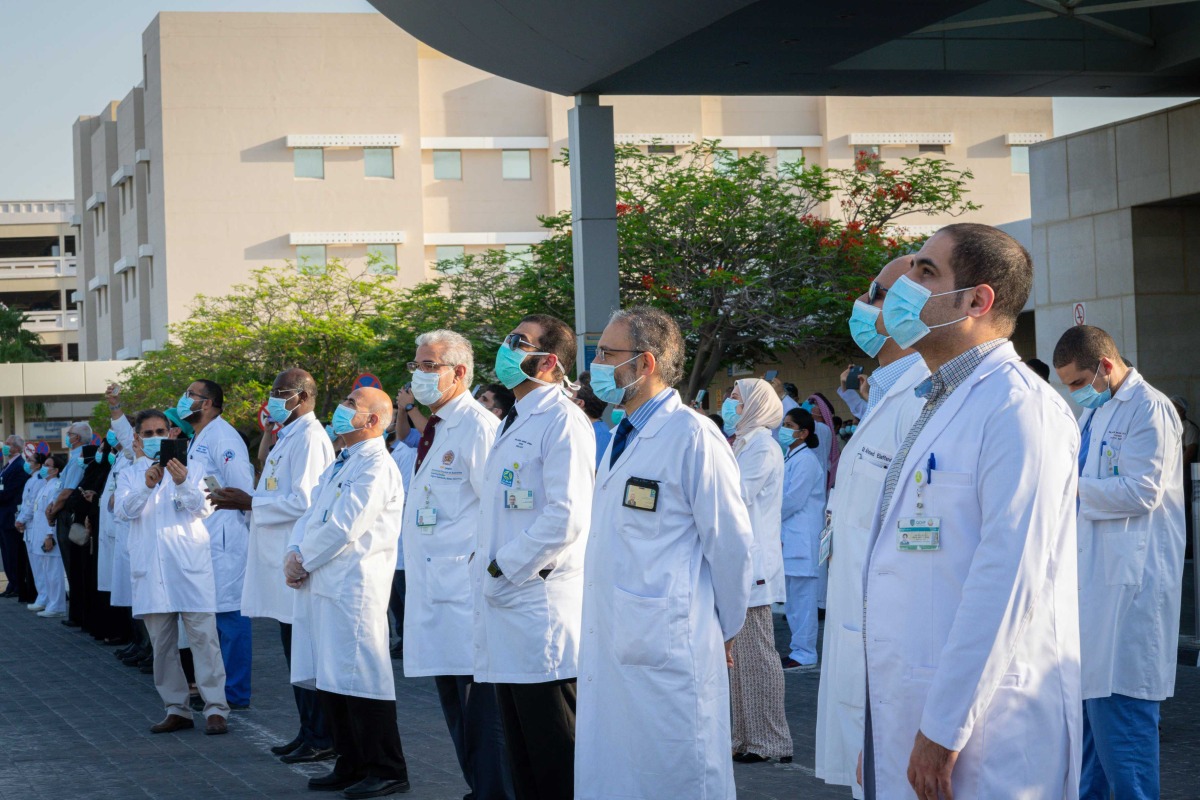
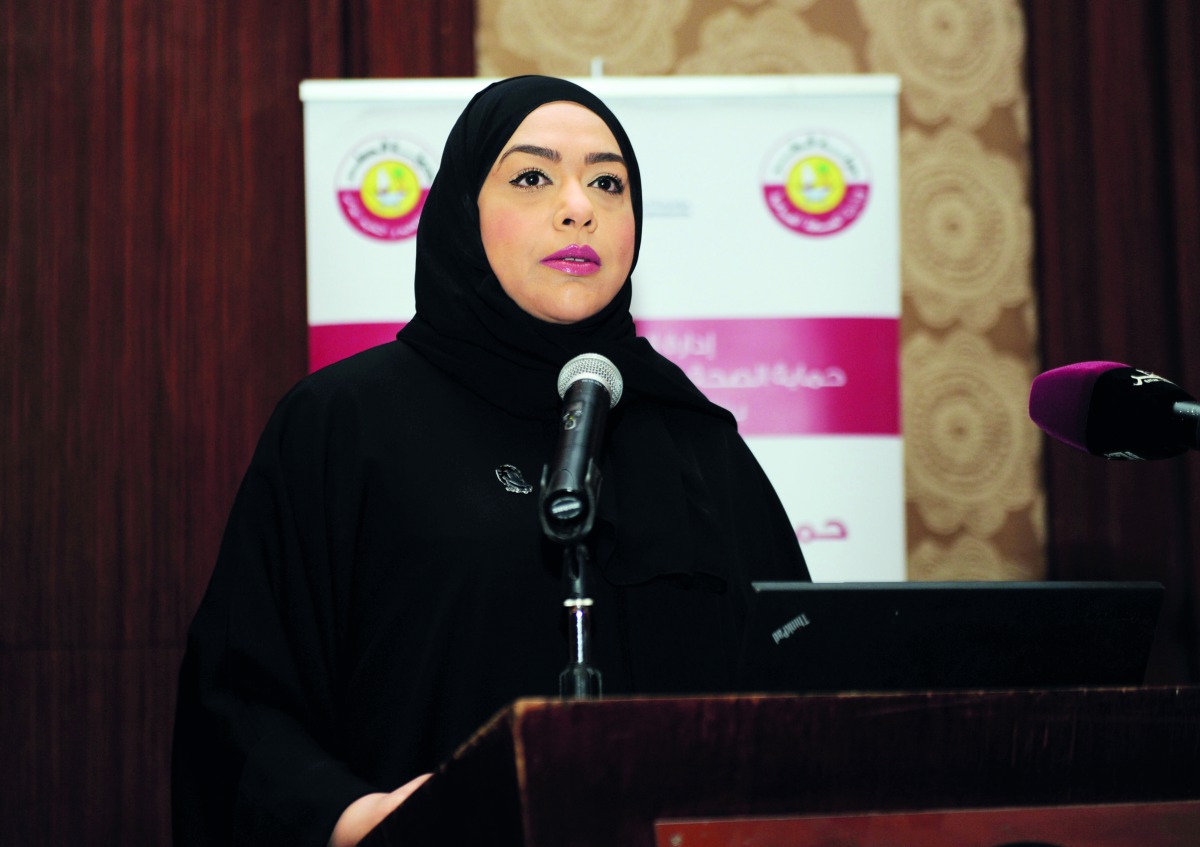
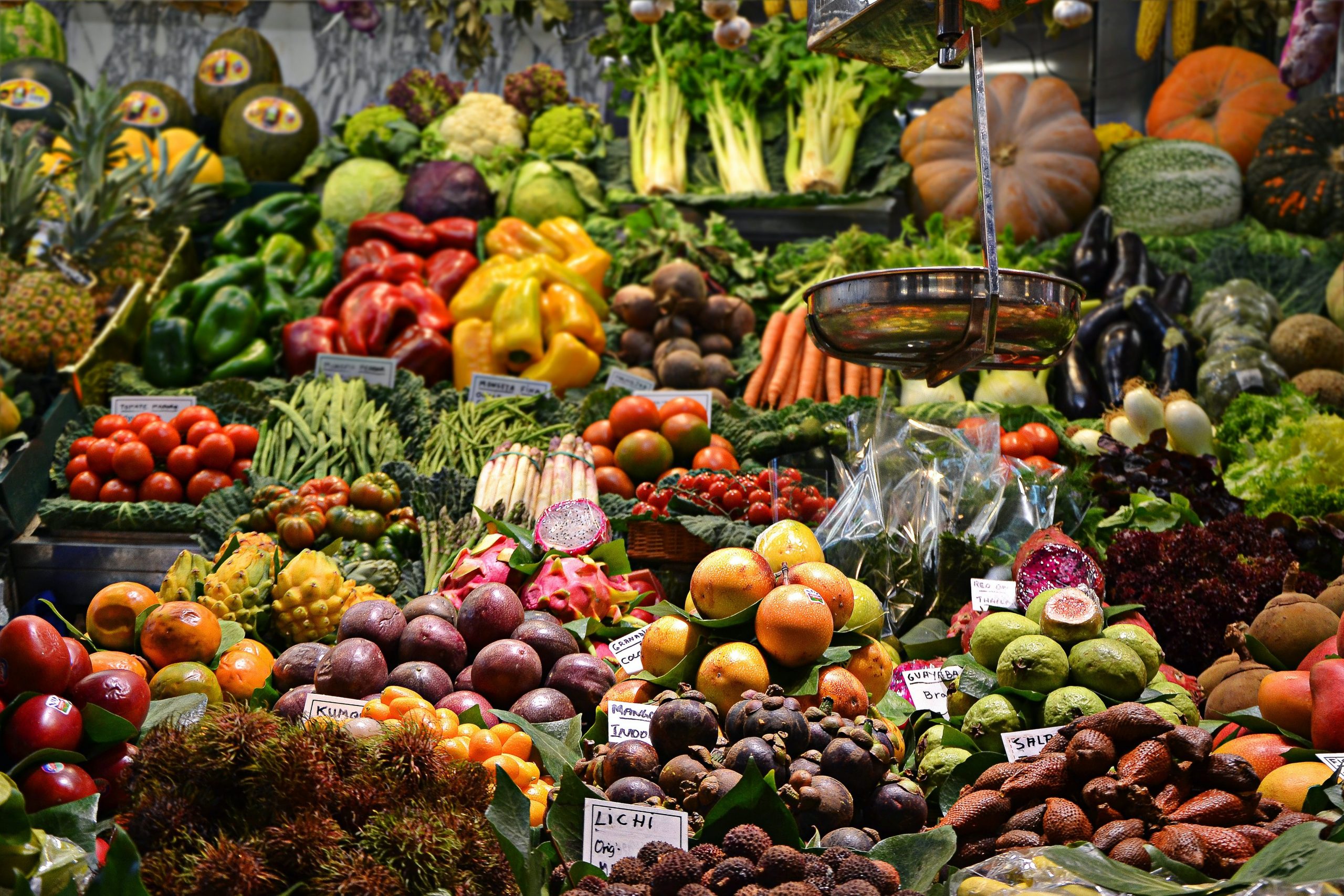

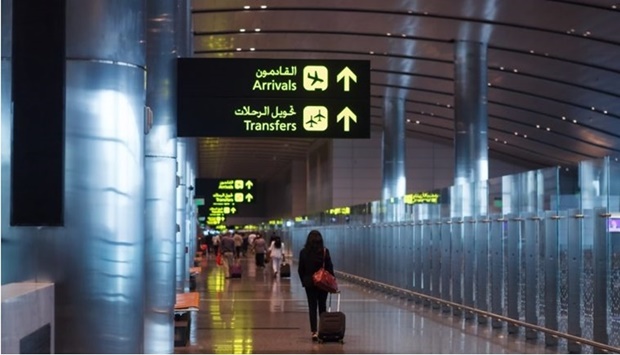
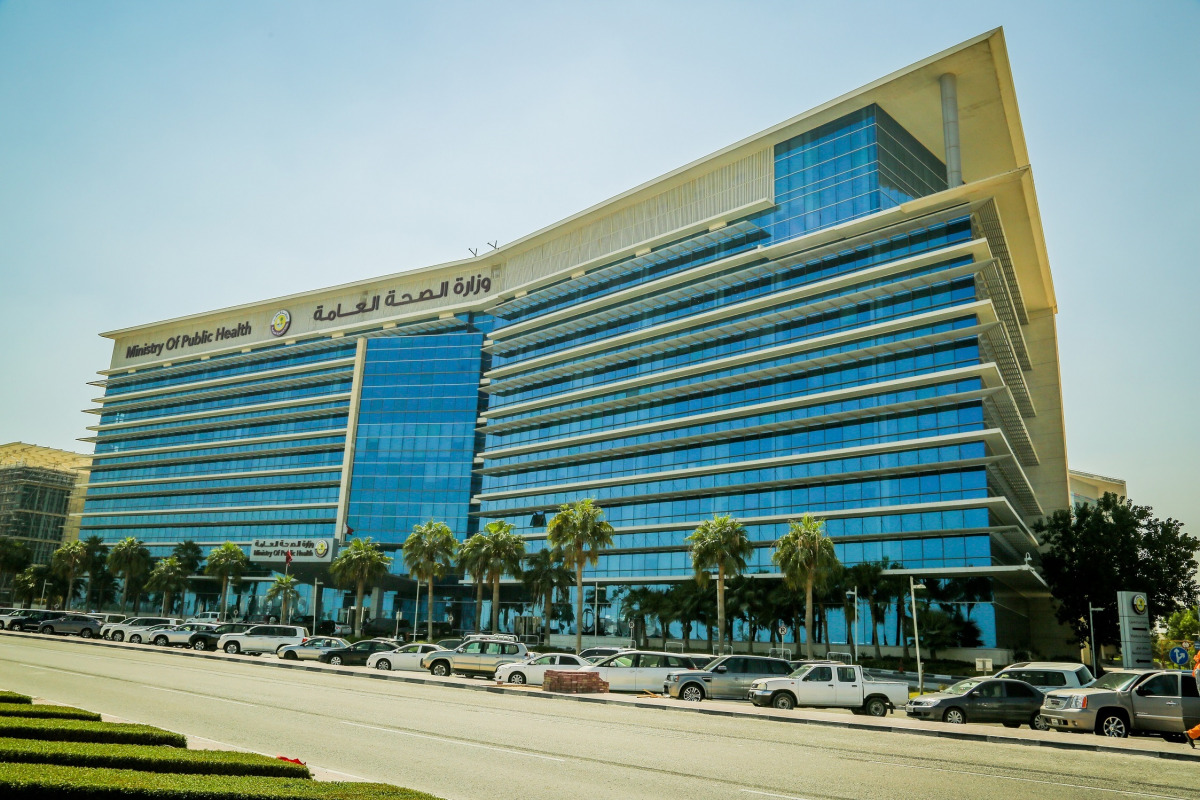








Leave a Reply